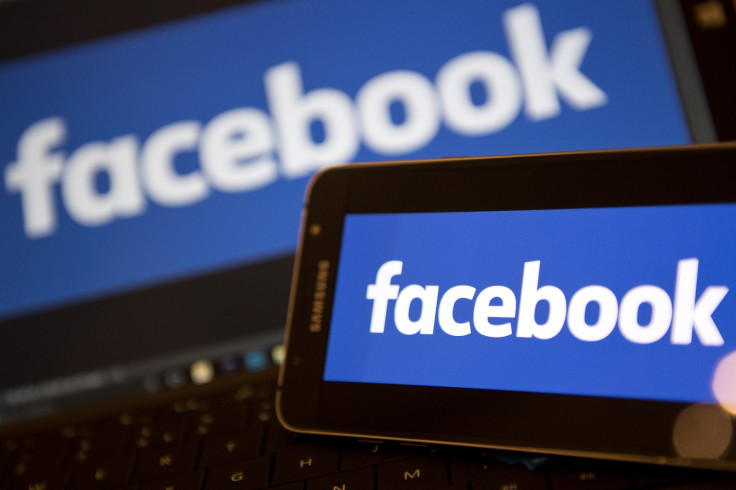Facebook testing new 'Express WiFi' project in India
Facebook plans to expand the programme to other regions soon.

Facebook is currently testing "Express Wi-Fi" that allows users to purchase low-cost data packs from local internet service providers (ISPs) to access fast, quality internet via public Wi-Fi hotspots. According to the social media giant's Internet.org page, Express Wi-Fi is now live in India and will soon expand to other regions.
"We're working with carriers, internet service providers and local entrepreneurs to help expanded connectivity to underserved locations around the world," the company said. "Express Wi-Fi empowers local entrepreneurs to help provide quality internet access to their neighbours and make a steady income. Working with local internet providers or model operators, they're able to use software provided by Facebook to connect their communities."
The company did not specify if the Wi-Fi will give users complete internet access or limited access to a few websites such as its Free Basics internet service.
A Facebook spokesperson confirmed that the social media company was working with local providers to test Express Wi-Fi in numerous pilot cities.
"This solution empowers ISPs, operators and local entrepreneur-retailers to offer quality Internet access to their village, town or region," the spokesperson told the Press Trust of India. The spokesperson did not specify the cities in which the programme is being tested.
"We focus on building a sustainable model for all stakeholders involved, so that local retailer entrepreneurs, ISPs, operators and Facebook can continue to invest in and operate lasting connectivity. We believe a sustainable economic model is the one which can scale to bring all of India online."
In February, Indian regulators blocked the company's Free Basics internet service in the world's second most populous country after the Telecom Regulatory Authority of India (TRAI) ruled against discriminatory access to data services. The decision was seen as a victory for supporters of net neutrality - the principle that advocates all websites and apps should be treated equally by ISPs.
Facebook chief executive Mark Zuckerberg, who had heavily campaigned for the programme, said he was "disappointed" with the decision at the time, but "connecting India is an important goal we won't give up on".
"While we're disappointed with today's decision, I was to personally communicate that we are committed to keep working to break down barriers to connectivity in India and around the world," Zuckerberg wrote in a Facebook post on 9 November. "Internet.org has many initiatives, and we will keep working until everyone has access to the internet." Responding to criticism that the programme favours some services over others, Zuckerberg wrote in another post that "Internet.org doesn't block or throttle any other services or create fast lanes - and it never will."
"We're open for all mobile operators and we're not stopping anyone from joining," Zuckerberg said. "We want as many internet providers to join so as many people as possible can be connected. Arguments about net neutrality shouldn't be used to prevent the most disadvantaged people in society from gaining access or to deprive people of opportunity."
© Copyright IBTimes 2024. All rights reserved.





